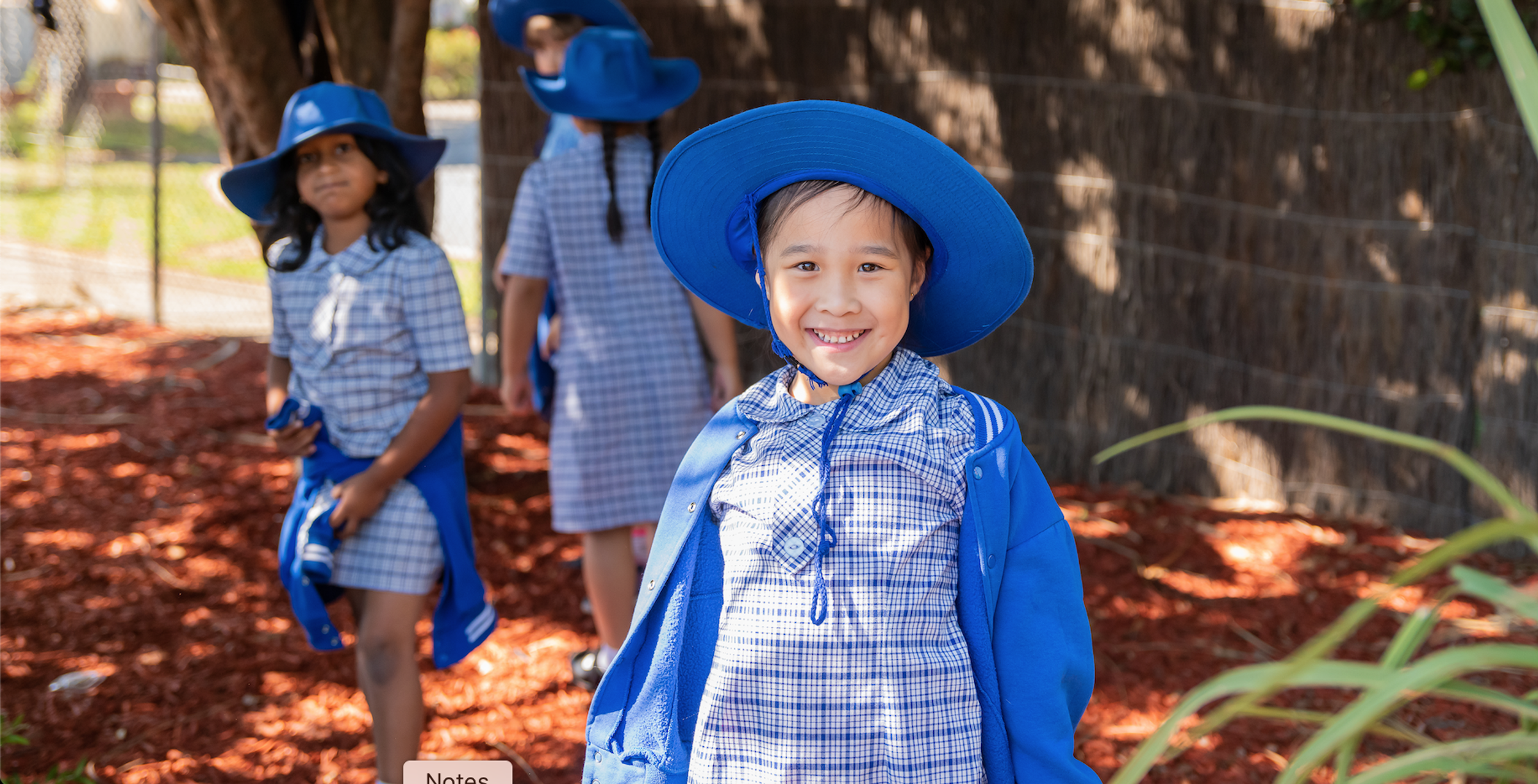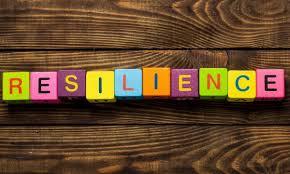Wellbeing

I AM NOT AFRAID OF STORMS, FOR I AM LEARNING HOW TO SAIL MY SHIP.
In this week’s newsletter, I would like to explore the topic of Resilience as it is a behaviour that teachers and parents are continuously helping children to develop.
I’m going, to begin with, a positive anecdote about a student in middle school. This student had obviously had an insightful and encouraging conversation with his mum and I was in awe of his responses during a conversation we had. The student had experienced some teasing from a peer and although not happy about this shared with me some profound understanding of the situation. After explaining to me what had happened, I asked him if he believed what the other student said. He looked me in the eye and said, “No way, I’m amazing.” The other even more incredible thing he said was that only he has power over himself. In other words, he understood that although someone might say something unwelcome or unpleasant to him he is in control over his feelings and responses. His wisdom was amazing and something that everyone can learn from.
It reminds me that every day there are opportunities for parents and teachers to give children lessons in resilience and we have to be ready to help them develop this very valuable behaviour.
The children at school often think of events that happen as, “an ant problem,” or “an elephant problem.” That is some things we experience are small problems and others may be big. Unfortunately, at times, some children do respond to minor events as if they are a ‘catastrophe’ or a ‘disaster.’
It is the responsibility of parents firstly, as well as teachers to support children in developing resilience. “Promoting personal resilience focuses on helping kids cope with life’s hurts, disappointments and challenges in the present while building strengths for the future.” (Michael Grose)
Adult Reactions
Our reactions as adults, matter. It’s in our reactions to everyday minor mistakes, hurts and muck-ups where we get to teach children about being resilient and reinforce the message, of:
- Stuff happens
- Keep your perspective
- Pick yourself up and carry on.
Adult Responses
As adults we need to:
- Be aware that our response should match the situation – are we sending the message that an ant problem is an elephant problem?
- Stay calm and be positive
- Remind children that stuff happens.
Michael Grose (a parenting expert) talks about the “Oh well” response. I am going to try and match this response to some of the behaviours we see at school. The “oh well” response isn’t about fobbing a child off; it is about building that inner strength of resilience. Being resilient isn't just a matter of childhood development or a character trait. It's about what is taught and modelled to them by adults.
- A child misses being picked for a class game: e.g. “Thumbs Up, Heads Up, “Oh well. I didn’t get picked this time. I might get picked next time.”
- When someone doesn’t want to share their toys in the playground. “Oh well. That toy does belong to them and they get to decide who can play with it.
- When someone says, "I don't want to play with you today." "Oh well. I am good at finding other people to play with." or "Oh well, maybe my friend needs some time alone this play. I can check up with them later and see if they're ok."
In the next newsletter, we will look at the times when “OH WELL,” isn’t the right response for what your child might be experiencing.
I hope this newsletter item goes some way towards being aware that we need to help children realise that minor upsets are not a tragedy and that children need to develop the skills, language and responses that help them develop this understanding too.
Connie Drossaert
Wellbeing Leader



